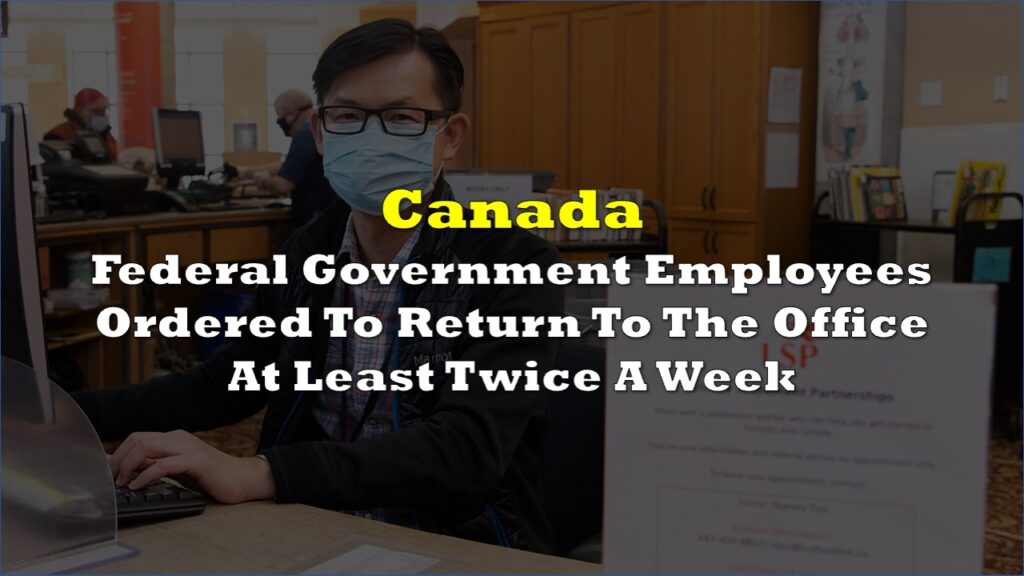Recent data reveals that Canada and Australia are experiencing record population growth, primarily driven by net overseas migration. However, this rapid expansion is concealing significant economic challenges, including declining living standards and per capita economic indicators.
In Canada, the population has surged by nearly 1.3 million people over the past year, marking the largest increase in the country’s history. While this growth has helped Canada avoid a technical recession, it has come at a cost. The country’s GDP per capita has fallen dramatically, now hovering at levels similar to a decade ago.
Related: Canada’s Job Market Continues to Mask Underlying Weakness with Public Sector Expansion
The National Bank of Canada (NBC) recently reported that retail sales, when adjusted for population growth, are contracting at an alarming rate of 4.5% annualized on a per-capita basis. NBC economists note that monetary policy has clearly impacted consumers, as evidenced by the downward trend in real per capita retail spending since the first increase in the overnight rate. Discretionary spending has reached its lowest point in 18 months, even when not adjusted for population growth.
Wow, this chart from @leithvo really illustrates why Australian construction struggles to keep up with population growth, even though Australia builds far more homes than on average. pic.twitter.com/kdrrmtkyEZ
— Tarric Brooker aka Avid Commentator 🇦🇺 (@AvidCommentator) August 26, 2024
Australia faces a similar situation, with record population growth driven by net overseas migration. Although not as severe as Canada’s, Australia’s GDP per capita growth has also significantly declined. Retail sales volumes in Australia have been negative for the past five quarters, a rare occurrence outside of the pandemic era. Per capita retail volumes have declined for nine consecutive quarters, down 3.0% from the previous year.
Economist Leith van Onselen argues on MacroBusiness that both Canada and Australia have become “Ponzi economies,” relying on continuous population expansion to drive growth rather than increasing productivity. This strategy, termed “quantitative peopling,” gives an illusion of economic growth while masking the decline in individual living standards.
The impact of high interest rates and the ongoing cost-of-living crisis is particularly evident in the retail sector of both countries, with discretionary retailers bearing the brunt of the economic downturn. This trend highlights the growing disconnect between headline economic figures and the financial reality faced by average citizens.
Information for this story was found via the sources and companies mentioned. The author has no securities or affiliations related to the organizations discussed. Not a recommendation to buy or sell. Always do additional research and consult a professional before purchasing a security. The author holds no licenses.









